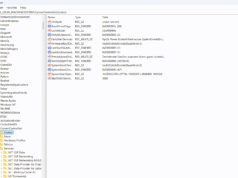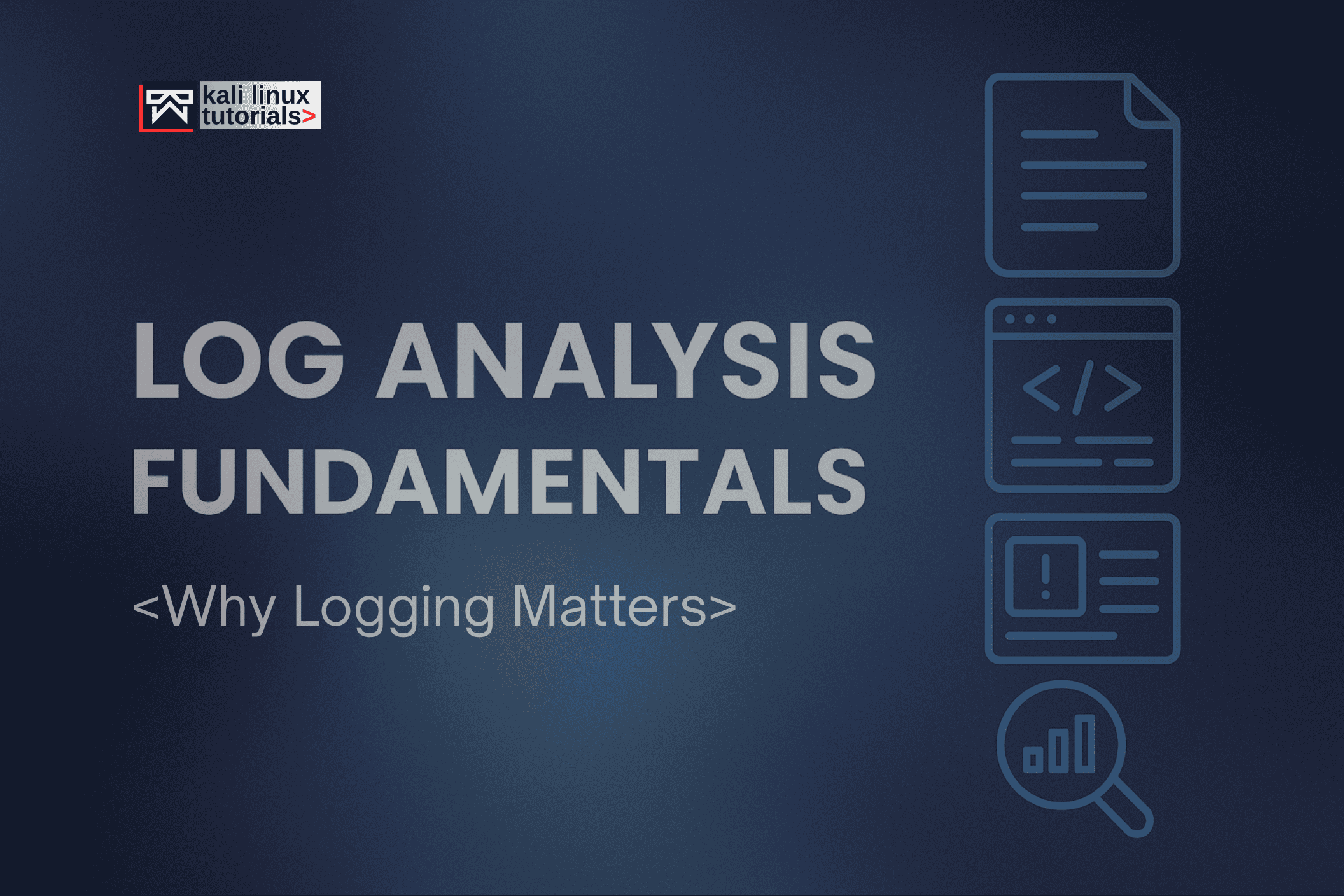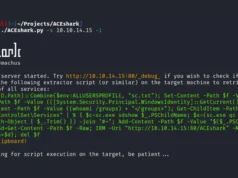A small x64 library to load dll’s into memory. n the world of software development, efficient DLL loading is a crucial aspect of optimizing performance and functionality.
Enter “LdrLibraryEx,” a powerful x64 library designed to streamline the process of loading DLLs into memory.
This lightweight and versatile tool offers developers a range of features, from low dependencies and memory-based loading to advanced functionality, making it an invaluable asset for enhancing Windows application performance.
Join us as we explore the capabilities and benefits of LdrLibraryEx in this comprehensive guide.
Features
- low dependencies & function use (only ntdll.dll used)
- position independent code
- lightweight and minimal
- easy to use
- load modules from memory
- load modules from disk
- api sets support
- bypass image load callbacks (using private memory)
- support for images with delayed import, tls, seh, etc.
Documentation
Library Flags
Flags can be combined
LIBRARYEX_NONE: Map module from disk into memory and execute entrypoint.
LIBRARYEX_BYPASS_LOAD_CALLBACK: Map module from disk into private memory (unbacked) which bypasses image load callbacks (PsSetLoadImageNotifyRoutine)
LIBRARYEX_NO_ENTRY: Do not execute the entrypoint of the module.
LIBRARYEX_BUFFER: Map the module from memory instead from disk.
Function: LdrLibrary
Easy to use function to load a library into memory. The first param, based on what flags has been specified, can be either a wide string module name to load or memory address where the PE is located at.
/*!
* @brief
* load library into memory
*
* @param Buffer
* buffer context to load library
* either a wide string or a buffer pointer
* the to PE file to map (LIBRARYEX_BUFFER)
*
* @param Library
* loaded library pointer
*
* @param Flags
* flags
*
* @return
* status of function
*/
NTSTATUS LdrLibrary(
_In_ PVOID Buffer,
_Out_ PVOID* Library,
_In_ ULONG Flags
);This example shows how to load a module from disk (from the System32 path):
PVOID Module = { 0 };
ULONG Flags = { 0 };
//
// mapping flags to be used by the library
//
Flags = LIBRARYEX_NONE;
//
// map file into memory
//
if ( ! NT_SUCCESS( Status = LdrLibrary( L"advapi32.dll", &Module, Flags ) ) ) {
printf( "[-] LdrLibraryEx Failed: %p\n", Status );
return;
}
printf( "[*] Module @ %p\n", Module );This examples shows how to load a module from a memory buffer:
PVOID Module = { 0 };
ULONG Flags = { 0 };
//
// mapping flags to be used by the library
//
Flags = LIBRARYEX_NONE |
LIBRARYEX_BUFFER;
//
// read file on disk into memory
//
if ( ! ( Image = ReadFileBuffer( L"C:\\Windows\\System32\\advapi32.dll", NULL ) ) ) {
puts( "[-] ReadFileBuffer Failed" );
return;
}
//
// map file into memory
//
if ( ! NT_SUCCESS( Status = LdrLibrary( Image, &Module, Flags ) ) ) {
printf( "[-] LdrLibraryEx Failed: %p\n", Status );
return;
}
printf( "[*] Module @ %p\n", Module );It is also possible to load modules based on their api set (win10+ support only):
//
// map file into memory
//
if ( ! NT_SUCCESS( Status = LdrLibrary( L"api-ms-win-base-util-l1-1-0.dll", &Module, Flags ) ) ) {
printf( "[-] LdrLibraryEx Failed: %p\n", Status );
return;
}
printf( "[*] Module @ %p\n", );Function: LdrLibraryEx
LdrLibraryEx allows to hook certain functions to modify the behaviour of how a library should be mapped into memory.
//
// mapping flags to be used by the library
// and insert the loaded module into Peb
//
Flags = LIBRARYEX_BYPASS_LOAD_CALLBACK |
LIBRARYEX_NO_ENTRY;
//
// init LibraryEx context
//
if ( ! NT_SUCCESS( Status = LdrLibraryCtx( &Ctx, Flags ) ) ) {
printf( "[-] LdrLibraryCtx Failed: %d\n", Status );
goto END;
}
//
// hook function
//
Ctx.LdrLoadDll = C_PTR( HookLdrLoadDll );
//
// map file into memory
//
if ( ! NT_SUCCESS( Status = LdrLibraryEx( &Ctx, L"cryptsp.dll", &Module, Flags ) ) ) {
printf( "[-] LdrLibraryEx Failed: %p\n", Status );
return;
}













.png)
.webp)

